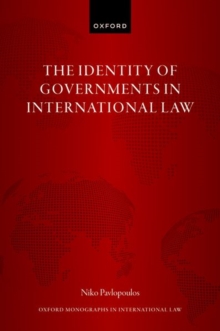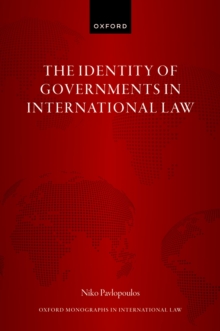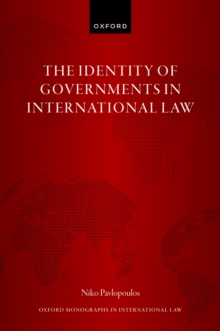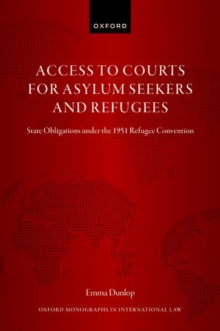
Extraterritorial Use of Force Against Non-State Actors PDF
by Noam Lubell
Part of the Oxford Monographs in International Law series
Description
This book analyses the primary relevant rules of international law applicable to extra-territorial use of force by states against non-state actors.
Force in this context takes many forms, ranging from targeted killings and abductions of individuals to large-scale military operations amounting to armed conflict.
Actions of this type have occurred in what has become known as the 'war on terror', but are not limited to this context.
Three frameworks of international laware examined in detail.
These are the United Nations Charter and framework of international law regulating the resort to force in the territory of other states; the law of armed conflict, often referred to as international humanitarian law; and the law enforcement framework found in internationalhuman rights law.
The book examines the applicability of these frameworks to extra-territorial forcible measures against non-state actors, and analyses the difficulties and challenges presented by application of the rules to these measures. The issues covered include, among others: the possibility of self-defence against non-state actors, including anticipatory self-defence; the lawfulness of measures which do not conform to the parameters of self-defence; the classification of extra-territorial force against non-state actors as armed conflict; the 'war on terror' as an armed conflict; the laws of armed conflict regulating force against groups and individuals; the extra-territorial applicability of international human rights law;and the regulation of forcible measures under human rights law.
Many of these issues are the subject of ongoing and longstanding debate.
The focus in this work is on the particular challenges raised by extra-territorial force against non-state actors and the book offers a number of solutions to thesechallenges.
Information
-
Download - Immediately Available
- Format:PDF
- Publisher:OUP Oxford
- Publication Date:27/05/2010
- Category:
- ISBN:9780191029738
Other Formats
- EPUB from £34.42
Information
-
Download - Immediately Available
- Format:PDF
- Publisher:OUP Oxford
- Publication Date:27/05/2010
- Category:
- ISBN:9780191029738










